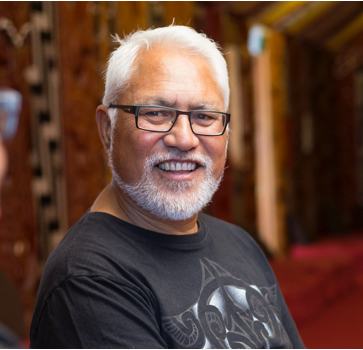Te Reo Māori
Official status of te reo Māori
Te reo as an official language of Aotearoa/New Zealand
In New Zealand, anyone is allowed to speak any language they like, but you can’t necessarily expect people to be able to communicate with you in your language of choice in every situation. However, te reo Māori does have a special status under the law.
The Māori Language Act declares that te reo Māori is an official language of New Zealand. In line with that official status, any person has the right to speak Māori in court (see: “Your right to speak te reo in court”). Apart from that, the status of te reo Māori as an official language is mostly symbolic, rather than giving you rights to use it in particular places outside of a courtroom.
Other state bodies, like government ministries and departments, should make sure people can use te reo Māori there, but that generally comes down to their policy, rather than a legal rule they have to follow.
Te Taura Whiri i te Reo Māori/The Māori Language Commission
Māori Language Act 2016, ss 37, 40
Te Taura Whiri i te Reo Māori (the Māori Language Commission) was first established by the 1987 Māori Language Act to develop and advise on ways of giving effect to the status of te reo as an official language of Aotearoa/New Zealand, and to promote it as a living language and an ordinary means of communication. The newer Act, Te Ture mō Te Reo Māori 2016/Māori Language Act 2016, continued the Commission and its role. The Commission also grants official certificates of competency for interpreters and translators for te reo. For information on interpreters and translations in court cases, see: “Your right to speak te reo in court” and “Translation of court documents into te reo”.
Māori Language Act 2016, ss 17–19
The 2016 Act also established a new independent body, Te Mātāwai, to represent iwi and Māori in providing input into Māori language strategy. Te Mātāwai provides leadership in promoting the health of te reo for iwi and Māori, including at the community level, and also supports and influences government initiatives aimed at promoting te reo.
Note: The Māori Language Act 2016 carried over basically unchanged rights contained in the previous Act, the Māori Language Act 1987. The 2016 Act did, however, make some changes to the organisational framework for promoting te reo.

